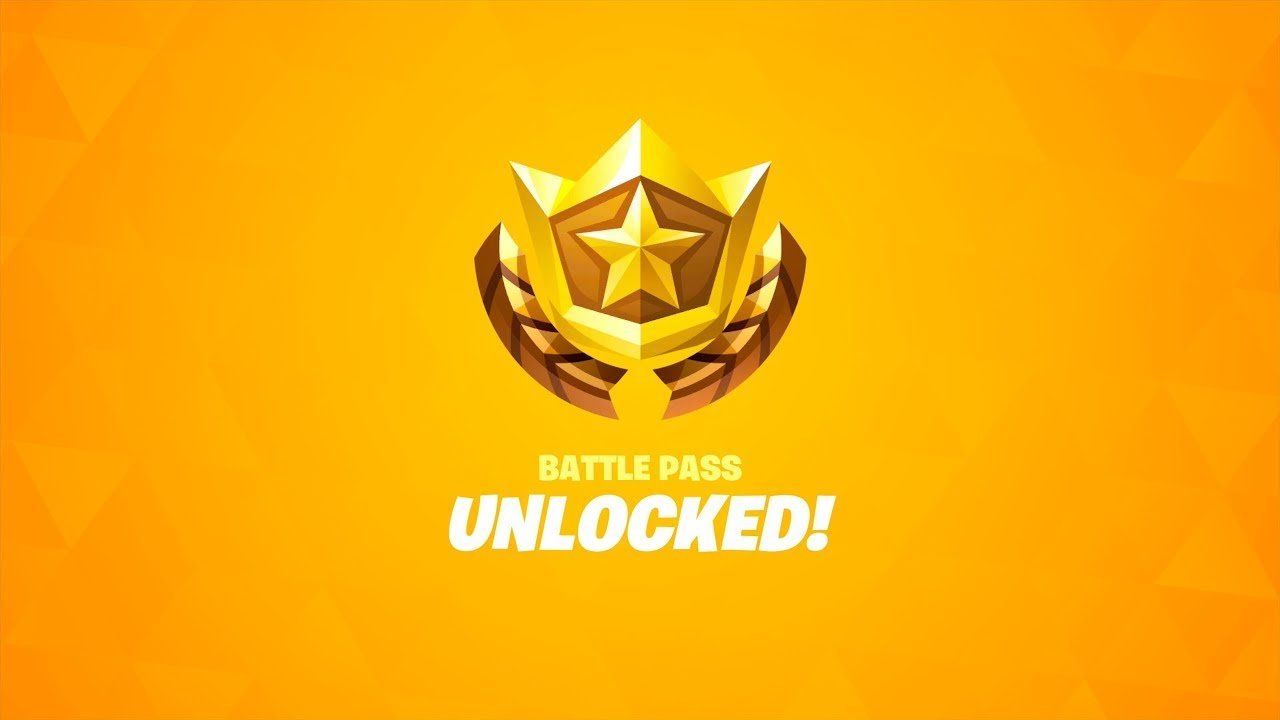Greed in Gaming
In recent times, video games have gone from a hobby, made by a team of people with a vision of making a fun, entertaining, experience with a passion put into it, to a money-making machine, using immoral, predatory, tactics. Today, I want to look at those said predatory tactics, identify where they are, how they’re used, and how to avoid them.
One of the largest, and most despicable ways companies lure you into spending money is through loot boxes.
If you are unfamiliar with loot boxes, here’s the rundown on what they are, and how they work.
Loot Boxes, as the name implies, are boxes full of in-game loot. This loot can go from simple cosmetic items to mechanics that give you a heavy advantage in the game.
The problem with the loot boxes is that some items in the boxes are rarer than others, and you have to open a lot of loot boxes to get the rare item.
Where this becomes problematic is the fact that loot boxes cost real money, going from just $5 - $99.
The worst part about this is that loot boxes weren't always so greedy.
The first game to modernize loot boxes, Team Fortress 2, released a system in 2010, where you could randomly earn loot boxes by playing the game and winning matches.
This was fine until 2016’s Overwatch took this to another level. Activision Blizzard, the developers of Overwatch, made loot boxes that cost real-world money.
The boxes came from $5 - $100, and there was still a chance you wouldn’t get what you wanted.
Even more drama about loot boxes came from EA, or Electronic Arts when the infamous company implemented loot boxes into the game Star Wars Battlefront 2. While this usually wouldn’t be a big problem, this instance of loot boxes stood out because of how absurd it got.
To unlock characters, like Darth Vader, in Battlefront 2, you’d have to earn credits to unlock them. Problem is, there were only two ways to get credits. Either you get a minuscule amount by winning online matches, or you have a chance of getting them through paid loot boxes.
A very upset Redditor, u/TheHotterPotato, calculated that without paying for any loot boxes, it would take at least 40 hours minimum to unlock a single character.
EA removed loot boxes a few months later, saying that they were sorry and that “We got it (loot boxes) wrong”.
After the outrage of battlefront 2, loot boxes, for the most part, vanished, as not only was it bad publicity, but loot boxes were considered gambling in some places around the world.
That isn’t the only instance of greed there’s been in gaming. A more recent example has been the rise of battle passes, and a sense of FOMO being created.
To those unfamiliar with the term FOMO, FOMO stands for “Fear of Missing Out.” This fear of missing out was capitalized with the use of battle passes.
Invented by DOTA 2, a battle pass is a system in which every time you level up, you earn a reward. There are usually 100 rewards in a battle pass, meaning you have to level up 100 times.
The problem with this is that a battle pass costs $10, and the battle pass is not completable forever. Battle passes last from 2 - 4 months, with some games being harder to level up in.
With the short amount of time to level up so much, it pushes a sense of FOMO, where you have to play the game nonstop, or you’ll miss out on the rewards!
This is a terrible, manipulative strategy that only creates more harm than good.
Finally, we have DLC or expansions.
Expansions are content that expands a game and gives it new content. These expansions usually have a price tag, going from $5 - 20 dollars each.
While some games do this well, some games, like Destiny 2, take this system of expansions way too far.
For example, in Destiny 2, expansions on release cost an already absurd amount of $40. But, more content is added throughout the year between expansions, and if you want to experience that content, you’ll have to pay an additional $40. That’s $80 to get all the content in an expansion. But it only gets worse.
Destiny 2 had a game mode called dungeons, where you solve puzzles, defeat enemies, and obtain gear.
Originally, these dungeons came with the expansion, putting more value on the $40 price tag.
Now, these dungeons are separate purchases, and you have to pay $20 for them separately or get them for free if you buy the annual $80 edition.
Whilst the quality of these expansions is great, the large price tag on them is absurd.
Now that you’ve seen these bad business models, hopefully, you can avoid, or be careful, with these greedy tactics you’ll see when gaming.
If you have any comments, questions, or criticisms, feel free to email me.


